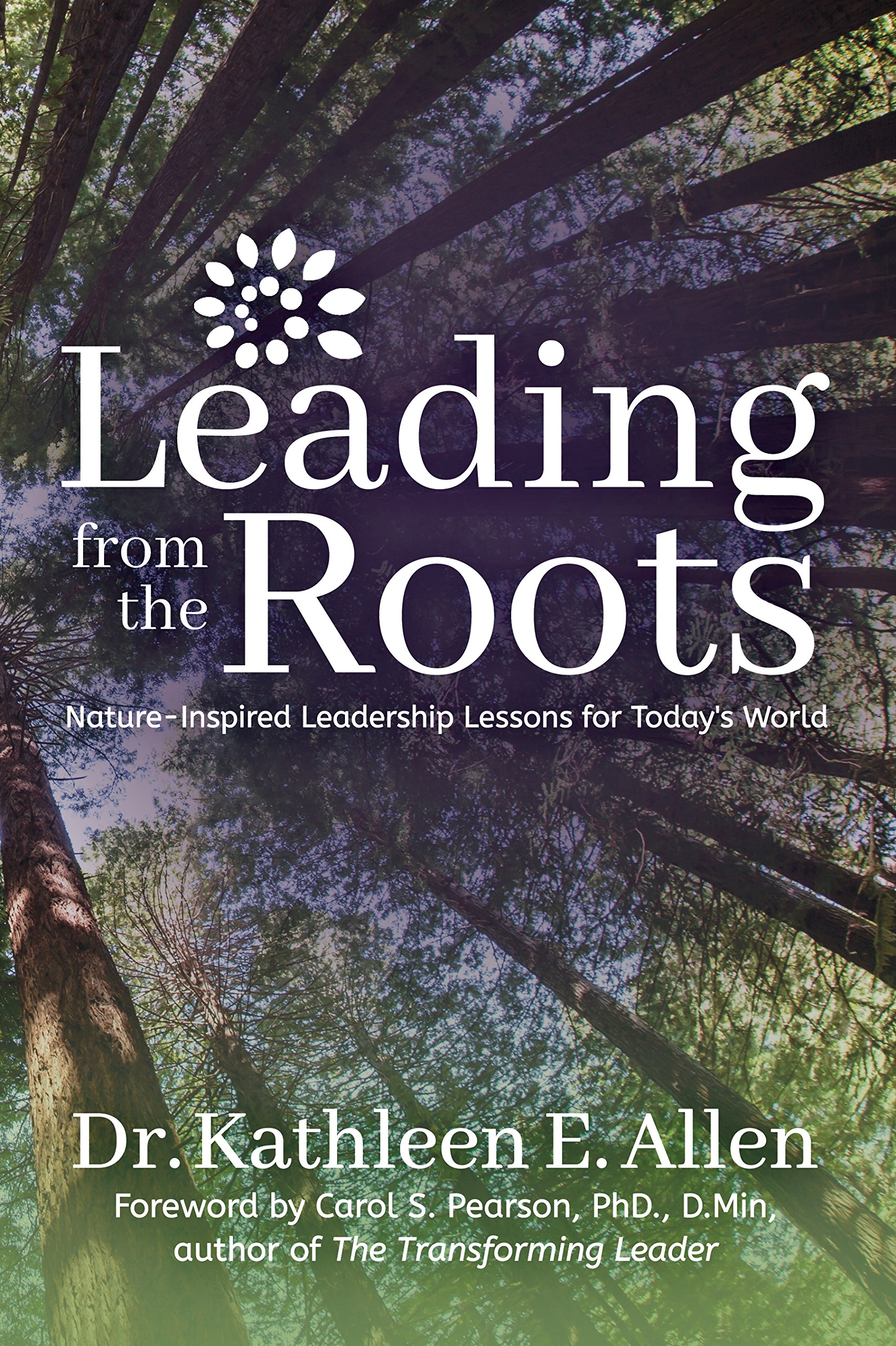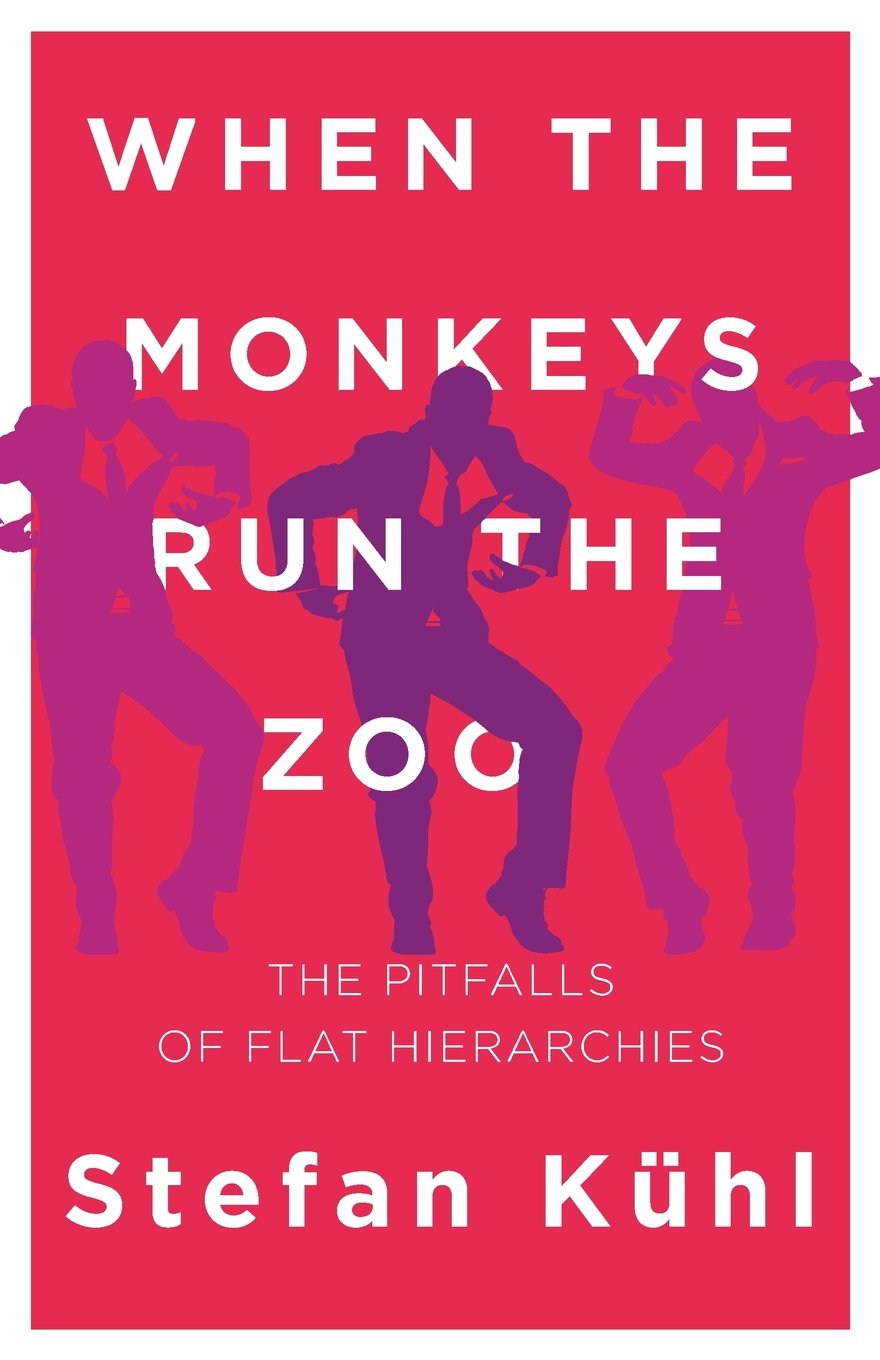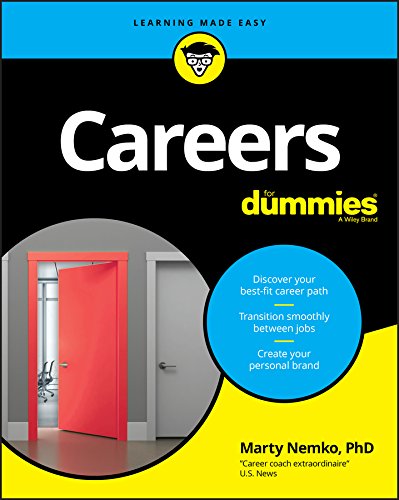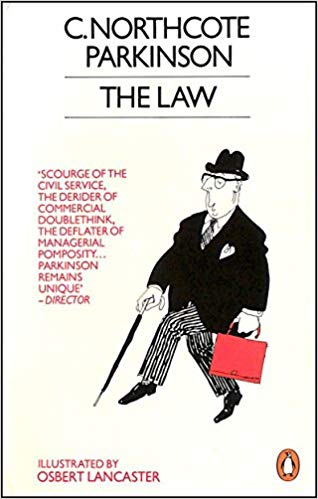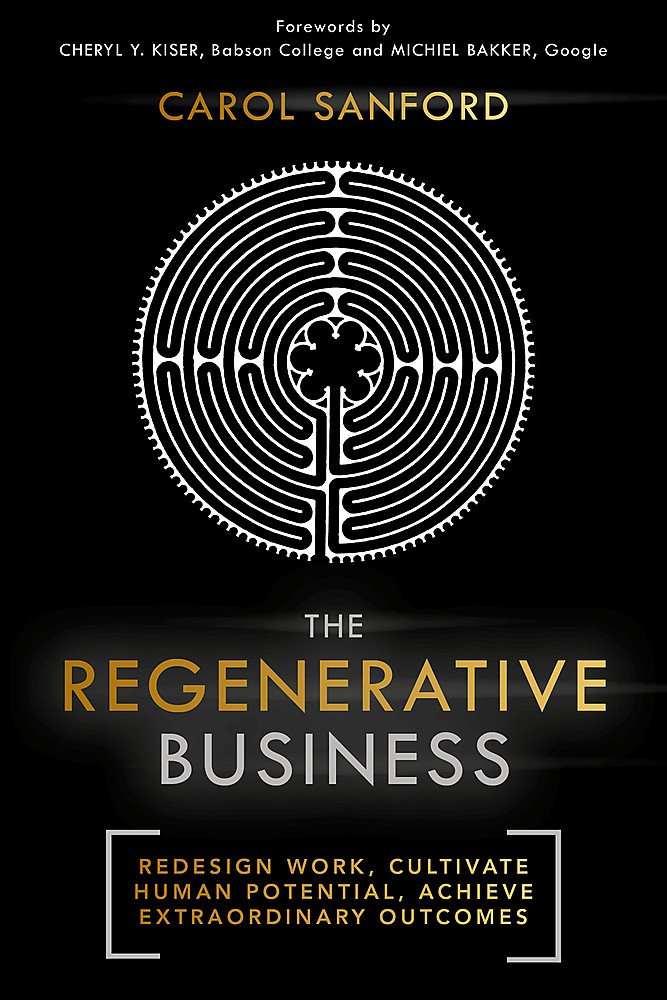Review – Leading from the roots Ah, nature! A term that instantly generates positive emotions, ideas of wholesomeness and a feeling of belonging. And yet it is a thoroughly undefined expression that can mean anything you want, if you add some context. Some of its inferred meanings include literally everything in existence everything not explicitly created by humans everything that exists outside of human settlements everything that exists outside of human settlements but restricted to our planet earth the biosphere (all living things) the biosphere, plus viruses the biosphere, excluding humans the biosphere, plus rivers and mountains only static components of a habitat (trees and rivers and mountains and stuff) plants only The list goes on. The questions what is and what isn’t natural are actually quite interesting from a scientific and philosophical point of view. I spent five years in a lab to create bacteria that produce a protein containing a building block that is no other protein in the world has. All the components I used exist naturally, including the building block (it is just not used as a building block anywhere else). Does that make the resulting bacteria a part of nature? I say yes, but others…
Review – When the Monkeys Run the Zoo Early industrial companies were characterized by a strict hierarchy of power and decision-making competency. Giving employees a say in the company’s strategy would be like having the monkeys run the zoo, an indiscretion voiced by Frank Borman, CEO of Eastern Airlines, from which the book derives its title. The modern company is lean, flat, agile, disruptive, kind, regenerative and decentralized. This creates problems. To be specific, author Thomas Kühn identifies three main dilemmas: The three dilemmas of modern organizations The identity dilemma refers to organizational subunits gaining increased autarky. But as companies dissolve into independent departments, profit centers and teams, it becomes unclear, what is within and without of the organization. This way, synergy effects of centralization are lost. Breaking the strict hierarchy of old timey organizations in favor of flat structures clearly improved the quality of life for workers. But it also removed clarity and gave rise to informal communication and decision-making structures. Without a person indisputably in charge, each decision requires involvement of topic experts, division leaders and influencers, and the outcome may depend on individual moods and favoritism. When the Monkeys Run the Zoo calls this the dilemma of…
Review – Careers for Dummies Careers for Dummies is a good book. But maybe I should elaborate on this. There is no shortage in how-to-find-a-job books. Some aim to give well-rounded general career advice, other focus on details like the perfect CV or the perfect job interview. In Germany, the benchmark is set by proliferous author duo Hesse/Schrader who alone have over 90 books for job seekers with their name on it, usually with regularly published revised versions. But Careers for Dummies is different. Author Marty Nemko asserts that the easiest way into a new job is being the kind of person that employers want to hire. Careers for Dummies gives detailed instructions how to get yourself together, how to enter a field without the necessary qualifications, and how to apply for positions that are not even advertised, by becoming extremely employable. There are two things I particularly like about the book. It tries to also answer the question most get-a-job books miss, that is “what jobs are there?”. Careers for Dummies has a catalogue of often overlooked jobs, that obviously isn’t complete, but is very helpful to circle certain fields or types of careers you might enjoy. It also…
Review – Parkinson: The Law Disclaimer: I have read the German version of this book, which states that the original was published in 1980 as Parkinson: The Law by Houghton Mifflin Company, Boston. There seem to be different versions around. In the 1950s, C. Northcote Parkinson published his famous “law”, a half serious and half sarcastic description of the growth of bureaucracy. He found that “Work expands so as to fill the time available for its completion”, meaning that the amount of work to accomplish depends on the amount of time that can be spent to handle it, not on the complexity of that task. He explained this with human nature to preferably share work with two underlings instead of one equal partner. However, as administrators supposedly feel the need to double-check their employee’s work and have the last say, the work burden is not, in fact, reduced. That way the initial problem of work overload (due to incompetence, laziness or actual overload) is solved, but the solution creates an equal amount of new work. Parkinson stated that an administration will show a steady growth of app. 5.5% per year, and that the number of yearly hires can be calculated…
Review – The Regenerative Business: What is a Regenerative Business? There are a dozen buzzwords describing the modern, desirable company. It is agile, lean, and nimble, disruptively innovative, robust, resilient, antifragile, sustainable and even kind. So what the hell is a regenerative business supposed to be? In the words of author Carol Sanford “Regeneration is a process by which people, institutions, and materials evolve the capacity to fulfill their inherent potential in a world that is constantly changing around them. This can only be accomplished by going back to their roots, their origins, or their foundings to discover what is truly singular or essential about them. Bringing this essential core forward in order to express it as new capacity and relevance is another way to describe the activity of regeneration. In other words, regeneration is the means by which enlightened, disruptive innovation happens.” That’s gibberish. Feel free to introduce fancy concepts like “regeneration”, but please have somewhere in the beginning of your book a chapter that starts with “My idea is about…”, followed by a clear and succinct definition. After reading the entire book, it seems like a regenerative business is one that develops its people and culture to bring…
